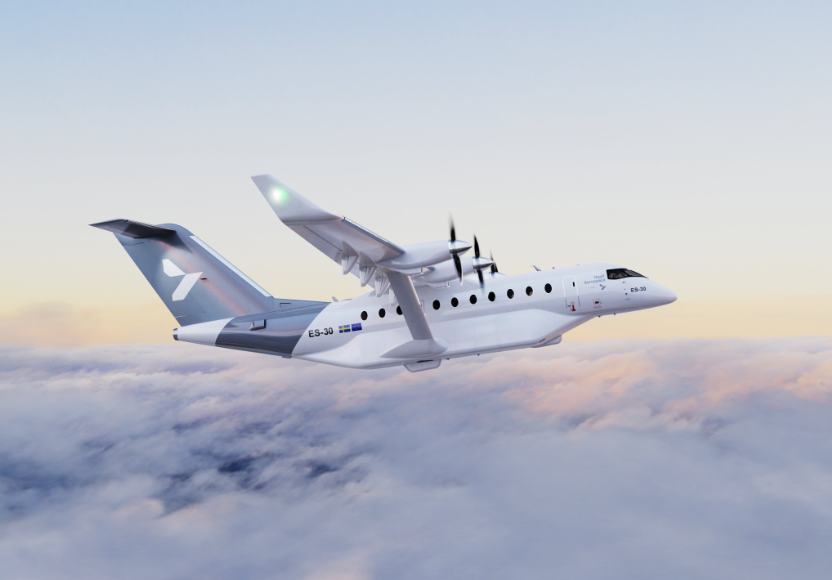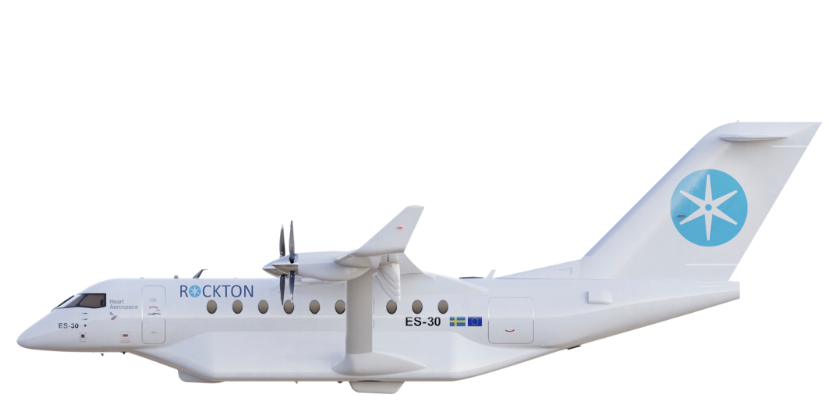The Air Canada-backed startup, Heart Aerospace, launched a new electric airplane. The giant airline company announced that it had already ordered 30 units of the new zero-emission aircraft.

Welcome to the future: Wellington Airport is very proud to join the Industry Advisory Board for Heart Aerospace, helping develop this amazing ES-30 electric airplane. A great example of how we're helping air travel decarbonise, along with other New Zealand airports and airlines. pic.twitter.com/7SUcDNg968
— Wellington Airport (@WLGAirport) September 16, 2022
As of writing, various automakers are now transitioning to electric car productions to help reduce the rising carbon emissions across the globe.
This is also what's happening with aircraft makers. Many airplane manufacturers are making efforts to develop advanced electric aircraft models.
Now, it seems like they are getting the attention of major airlines across the globe. This can be seen in the latest investment made by Air Canada in Heart Aerospace.
Air Canada-Backed Startup Launches New Electric Airplanes!
According to Electrek's latest report, Heart Aerospace unveiled the new ES-30, the successor of the recent ES-19 model.

Today we are proud to announce the signing of a Letter of Intent with the Swedish aircraft manufacturer Heart Aerospace to acquire up to 40 new electric aircraft.
— Rockton Sustainable Aviation (@RocktonAviation) September 15, 2022
This is a great step towards #sustainableaviation
Press release available here:https://t.co/fktDFl60eG pic.twitter.com/uLgzb5CLiB
"The new airplane design, called the ES-30, is a regional electric airplane," said Heart Aerospace.
The aircraft startup added that the new airplane has a capacity of 30 passengers. This means that it can accommodate more people compared to the 19-seat design of ES-19.
When it comes to the power source, the new e-aircraft relies on electric motors powered by batteries. These components allow the new ES-19 to generate low noise and operate with zero emissions.
ES-30's Other Changes
Since the new electric airplane is a 30-passenger model, it will definitely carry more weight than the ES-19. Because of this, the new model is expected to have a shorter all-electric range.
Heart Space said the ES-19 is estimated to reach only 200 km in one charge. This is quite low compared to the 400 km range of ES-19.
But, the aircraft manufacturer said that ES-30 would have a reserve-hybrid configuration, consisting of two turbo generators, so it can achieve the 400 km all-electric range.
Although there are some downsides, the change made by Heart Aerospace in its e-aircraft was influenced by new investors.
The company's official website stated that it was able to attract 12 investors. These include Air Canada, United Airlines, MESA Airlines, EQT Ventures, the European Commission, and other agencies.
If you want to learn more about the new electric aircraft of Heart Space, you can visit this link.
Recently, ZeroAvia's zero-emission hydrogen passenger plane reached around $115 million.
On the other hand, ex-Tesla and SpaceX engineers decided to work together to create new self-flying airplanes.
For more news updates about electric airplanes and other zero-emission vehicles, always keep your tabs open here at TechTimes.
This article is owned by TechTimes
Written by Griffin Davis




